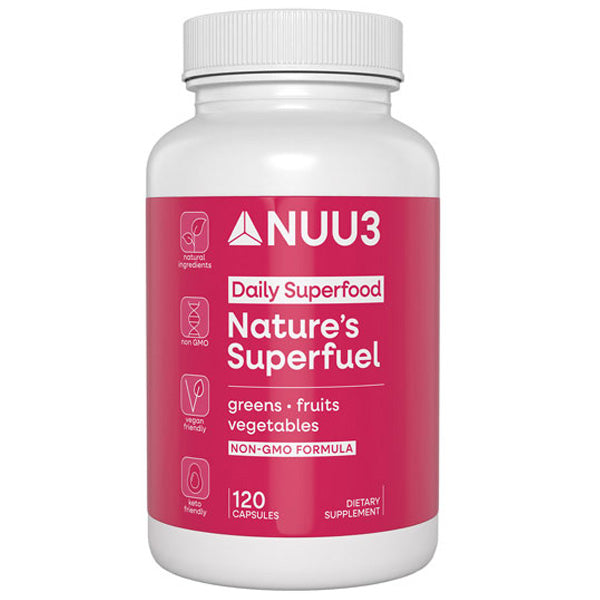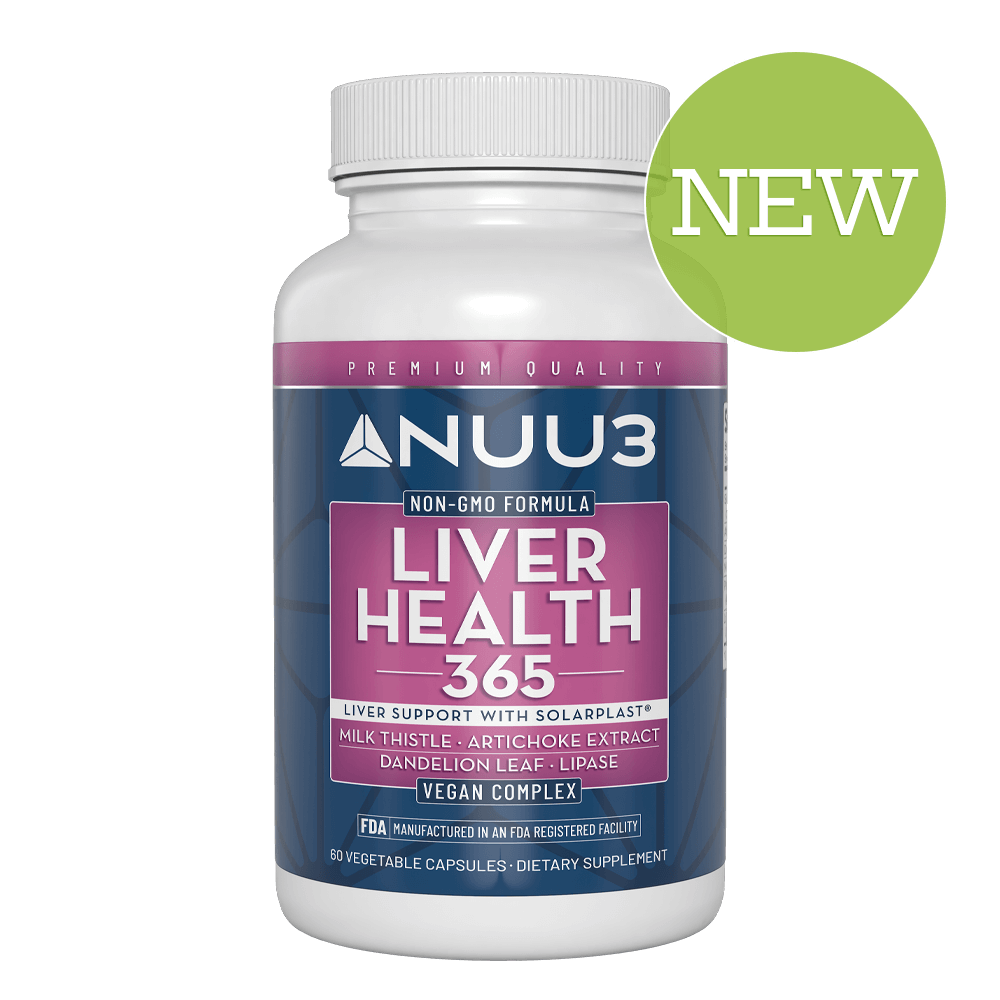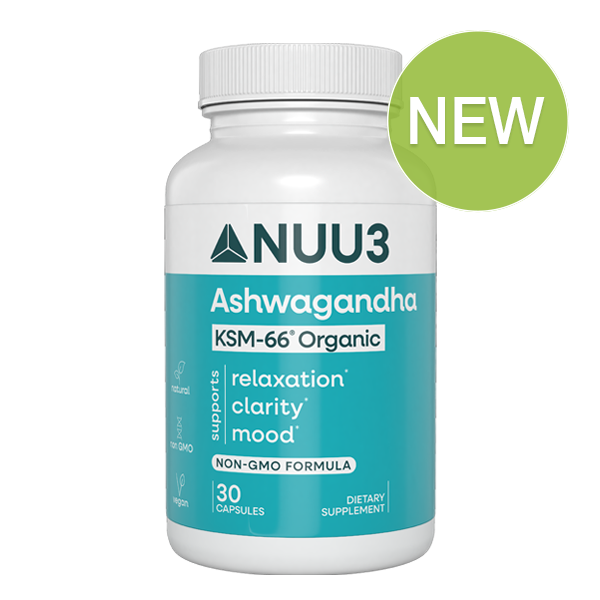Hypopnea: How to Recognize and Treat the Condition

When you talk about sleep disorders, you might have mentioned about sleep apnea. It is specifically known as obstructive sleep apnea (OSA)which affects about 936 million adults across the globe suffering from mild to severe cases. [1]
Another form of sleep apnea is known as hypopnea. People with this condition have very light breathing or under-breathing when they sleep. Their breaths are shallow, which has a drastic impact on the amount of oxygen that gets to the red blood cells.
Normally, when your blood leaves the lungs, it has roughly 98% oxygen-carrying capacity. When you have hypopnea, oxygen saturation drops below 90%. [2]
This abnormality may manifest in your performance during the day. The second you wake up, you feel unrefreshed as if you didn’t get any sleep. You find yourself dozing off constantly during the daytime. Because you feel unusually tired, doing work and accomplishing tasks in the morning becomes a struggle. Also, concentration becomes hard and irritability makes the situation harder.
Here is what you can expect if you are suffering from this condition.
Hypopnea - What Is It, Exactly?
Hypopnea is a sleep disorder that affects your breathing patterns. There is a partial blockage to the airflow while you sleep which forces you to take shallow breaths.
There is at least a 30% decrease in airflow for over 10 seconds which may cause a drop in oxygen saturation. The longer the episode, the bigger the impact. While an episode is active, the blood oxygen levels plummet by roughly 3 to 4%. [3]
What Are The Different Types of Hypopnea?
Most people experience an episode in the middle of the night during sleep. But, you may also experience episodes of shallow breathing while awake. Sometimes, you can feel stuck in a cycle of hypopnea episodes followed by sleep apnea.
You can develop both hypopnea and apnea. To help you better understand this sleep-related breathing disorder, take a look at the different types. These include: [4]
-
Obstructive - As soon as you doze off into sleep, your body relaxes. In obstructive hypopnea, the relaxed tissues and muscles in the throat become loose and saggy creating a veil-like over your airway. This causes partial blockage and reduced airflow. Snoring is a classic sign of this type of blockage.
-
Central - This type manifests as a reduction in breathing and not so much of the airflow blockage. You don’t usually snore because of it. It can be the result of injury, brain disease, or probably the medications you are in.
-
Mixed - This is a mix between central and obstructive hypopnea. Experts often classify it as severe.
Hypopnea vs Apnea: How Do I Spot the Difference?
Both of them are part of the same family of sleep disorders. They are quite similar, but entirely different conditions. Here is a quick look at facts that can help you understand the concept of hypopnea vs apnea.
Apnea happens when there is a complete obstruction in the airway. That means you don’t breathe for 10 seconds or more during an episode. The breathing can stop a couple of times per hour. People with serious cases can experience stoppages about 60 to 100 times per hour. [5]
With hypopnea, breathing doesn’t stop but the airflow coming out is drastically reduced. That’s because there is only a partial, not full blockage.
In either case, the shortness of breath at night makes it difficult to get a proper shut-eye resulting in low energy and feeling less rejuvenated in the morning.
How do you Recognize the Symptoms of Hypopnea?
Have you woken up tired in the morning and felt like you only had a few hours of sleep?
Do you experience sudden jolts or jerks in your sleep for no good reason? Does your mouth feel completely dry and your throat sore every time you wake up? If your answer is yes, then you probably experienced hypopnea while sleeping. Below are the other symptoms that you should look out for if you think you have hypopnea.
- Feel excessive daytime sleepiness
- Snore loudly
- Wake up feeling short of breath
- Develop a headache
- Feel lingering tiredness
- Find it difficult to concentrate on the tasks at hand
- Feel irritable or depressed
The restlessness and anxiety keep the mind active which can, oftentimes, make you feel tired but can't sleep. When this happens, focus on your breathing, empty your mind of unnecessary thoughts, and concentrate only on positivity.
What Causes Hypopnea?
Central hypopnea happens because the brain stem is damaged. It can happen from an injury or an infection. Some medicines, like opiates, can also interfere with the brain’s ability to send signals that enable normal breathing patterns.
Obstructive hypopnea happens when the tissue in the throat becomes more profound and makes the airway narrow.
Other causes can increase your likelihood of developing symptoms.
1. Obesity
Having an abnormal weight is detrimental to overall health including sleep. When fatty tissues start to accumulate, it can cause a partial or complete blockage in the upper airway.
According to studies, the OSA prevalence rate is 3% to 7% for men and 2% to 5% for women. These rates are much higher for people who are obese. [6]
If you are looking to amplify your weight loss journey, then the NUU3 ACV Gummies may come in handy. The combination of apple cider vinegar, iodine, and folate, makes the detox process easier and more effective.
When paired with a healthy diet, these gummies can aid with digestion and alleviate bloating. They are a natural solution for boosting your metabolism and energy levels.
2. Congenital Problems
Some people are born with smaller airways. Premature babies tend to have smaller airways compared to babies born at full term.
3. Age
Do you feel too tired to sleep? No matter how hard you try, you just can’t get a shut-eye. Old age may have a lot to do with it.
Based on clinical reports, obstructive sleep apnea-hypopnea syndrome (OSAHS) is more prevalent as people get older. The prevalence rates range from 30% to 80% for people over 65. These rates vary from 2% to 4% in middle-aged adults. [7]
4. Gender
Men are more at risk of developing hypopnea. Even though the exact cause is unknown, the anatomy of the upper airway, breathing control, weight gain, and hormones all have a role to play. [8]
5. Genes
This condition may run in the family. If you have one or more family members with hypopnea, you may be prone to developing it.
6. Smoking or Drinking Habits
Tobacco inflames and irritates the airways.
Alcohol can hinder the central nervous system. It can affect the brain’s signaling capabilities.
7. Kidney or Heart Problems Heart
Heart disease can make hypopnea worse and can cause hypertension.
When the kidneys are not working properly, they can change how the body responds to certain chemicals. It can also cause a build-up of toxins in the blood and fluid in the lungs that can affect your breathing patterns.
How do you Diagnose Hypopnea?
You need to see a sleep specialist. If you suspect having issues in your brain activities, you should consult a neurologist. For diagnosing airway blockages, talk to a pulmonologist.
To diagnose properly, the healthcare provider might ask about your family and medical history. They might check your body weight, and the state of your upper airway, and tonsils. To rule out any other health problems, the doctor may suggest ultrasound or blood testing.
The next step is to do a sleep study. The results from the study help pinpoint the type of hypopnea you may have.
Any Risk Factors I Should Know About?
There are a few elements that make you prone to hypopnea episodes. These can include: [9]
-
High BMI
-
Ehlers-Danlos syndrome
-
Myotonic dystrophy
-
Acromegaly
-
A short lower or upper jaw
-
Male sex
Do you feel too restless to sleep? If you’ve been diagnosed with a sleep disorder, there is a chance that you have a chemical imbalance. Oftentimes, stress and anxiety make it worse. The Sleep Support Gummies are non-habit-forming supplements that can give you subtle relaxation so you ease into a more restful sleep.
Packed with quality ingredients such as chamomile flower extract, these gummies help the mind unwind to provide uninterrupted and deep sleep. The formula also contains valerian root extract, which can decrease the time you take to fall asleep.
How to Treat Hypopnea?
To treat the health problem, you need to take a multifaceted approach.
Remember, you need a personalized therapy. The treatment will vary depending on your symptoms and how severe the episodes are. So, talk to a health expert first.
Here are a couple of options for you to try.
1. Give Your Lifestyle a Complete Overhaul
Some lifestyle changes can complement your sleep.
For example, you can try to create a regular sleeping schedule to minimize the episodes. Go to sleep and wake up at the same time every day, even on weekends.
If you haven’t exercised in a while, try to move around more. Go for a walk every day or do other activities that you like, such as dancing, swimming, hiking, etc.
2. Curb the Extra Pounds
The heavier the body, the bigger the pressure on your lungs. If you are obese or overweight, you may need to lose some excess fat so that the lungs can work with ease.
The NUU3 Green Pura can make an excellent addition to your dietary regimen. This supplement not only can help with weight loss, but it can also boost heart health. It can give you energy without you having to rely on caffeine.
The blend contains green tea leaf extract. It can boost your mental clarity, concentration, and focus, making it a practical choice for getting those cravings back on track.
3. Eat More Healthy Foods
Your body needs a variety of foods. You need healthy, balanced nutrients, preferably whole foods.
Opt for products with anti-inflammatory properties and plenty of antioxidants. Enjoy more fruits and veggies, whole grains, soy products, seafood, eggs, and walnuts.
Cut back on processed goodies, red meat, and foods high in saturated fat.
One study showed that people who ate a lot of red meat had more severe forms of obstructive sleep apnea (OSA). Since this kind of obstruction can happen with hypopnea, it’s best to watch out for the food you are eating. [10]
4. Quit Smoking
If you are an active smoker, your airways can get irritated and cause increased breathlessness. The bigger the inflammation, the narrower they get and more prone to collapsing.
To motivate yourself to quit smoking, think about all the damage it can do to your overall health. Consider the financial losses and long-term consequences.
5. Avoid Sedatives or Sleep Meds
Sedatives and some sleep medications relax the throat muscles and can worsen the hypopnea symptoms.
Talk to your doctor if you have hypopnea and consider using Benzos, Opiates, Baclofen, or other drugs. [11]
6. Cut Back on Alcohol
Doctors often recommend that people with hypopnea should stop consuming alcohol.
If you can’t imagine yourself completely withdrawing from it, try to avoid drinking for a couple of hours before going to bed.
7. Try a Different Sleeping Position
A lot of people find it comfortable to sleep on the side.
To decrease airway obstruction, you can use a pillow to elevate the head.
FAQs
What is the best sleeping position for hypopnea?
Sleeping on either side (left or right) should decrease the risk of the throat tissues collapsing. It can keep the airways open.
The left side can help people with co-occurring conditions like GERD, pregnancy, and Aerophagia. The right side can boost blood flow and avoid putting direct pressure on the throat.
How many hypopnea episodes per night is normal?
Sleep specialists classify 5 or fewer events per hour as normal. With mild hypopnea, you can experience 5 to 14 events per hour. Moderate cases cause 15 to 30 events, while anything over 30 is serious. [12]
Can you have hypopnea while awake?
Yes, it’s possible. It happens because there is too much carbon dioxide in the blood and not enough oxygen. If you have a respiratory disorder, like asthma or COPD, your breaths can feel extremely shallow. Make sure to keep your health in check and talk to your doctor.
Wrap Up
Most of us take our breathing for granted. But, the second something goes wrong, we realize how big of an impact a sleep-related breathing disorder can have on our daily activities. Hypopnea can put a strain on your heart and daily life. Consult with an expert to get the symptoms under control.
References
1] ↑ https://www.ncoa.org/adviser/sleep/sleep-apnea-statistics/
2] ↑ https://www.ncbi.nlm.nih.gov/books/NBK538336/
3] ↑ https://www.ncbi.nlm.nih.gov/books/NBK459252/
4] ↑ https://www.dentalsleepmedicine.com/hypopnea.html
5] ↑ https://www.rwjbh.org/trinitas-regional-medical-center/treatment-care/sleep-disorders/sleep-apnea/
6] ↑ https://www.ncbi.nlm.nih.gov/pmc/articles/PMC5836788/
7] ↑ https://www.ncbi.nlm.nih.gov/pmc/articles/PMC4199847/
8] ↑ https://www.ncbi.nlm.nih.gov/pmc/articles/PMC6932841/
9] ↑ https://www.sleepfoundation.org/sleep-apnea/hypopnea
10] ↑ https://pubmed.ncbi.nlm.nih.gov/31892502/
11] ↑ https://sleepcenterinfo.com/blog/sleep-medications-affect-sleep-apnea/
12] ↑ https://amerisleep.com/blog/hypopnea/













